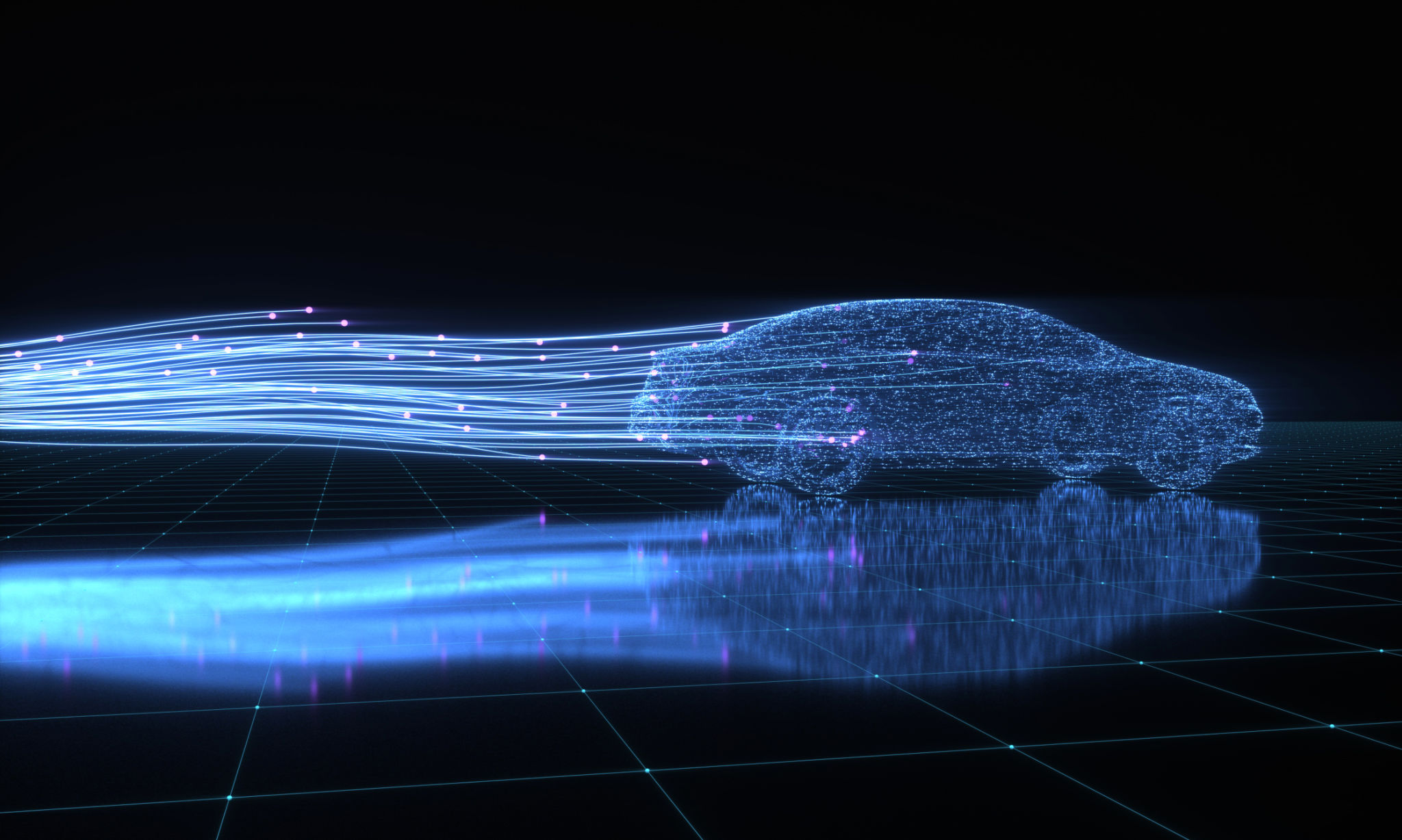Top Tech Innovations in the Transportation Industry
Revolutionizing Transportation with Technology
In recent years, the transportation industry has experienced a remarkable transformation, driven by cutting-edge technological innovations. These advancements are not only reshaping how we travel but also enhancing efficiency, safety, and sustainability across the globe. From autonomous vehicles to smart infrastructure, technology is paving the way for a more connected and convenient future.

Autonomous Vehicles
One of the most groundbreaking innovations in transportation is the rise of autonomous vehicles. These self-driving cars are equipped with sophisticated sensors and artificial intelligence systems that allow them to navigate roads without human intervention. Companies like Tesla, Waymo, and Uber are at the forefront of this technology, promising a future where traffic jams and human error are things of the past.
Autonomous vehicles offer numerous benefits, including reduced accidents, improved traffic flow, and increased accessibility for those unable to drive. However, there are still challenges to address, such as regulatory hurdles and the need for robust cybersecurity measures to protect these connected systems.
Electric and Hybrid Vehicles
The push for sustainability has led to significant advancements in electric and hybrid vehicle technology. These vehicles are becoming more affordable and accessible, providing a cleaner alternative to traditional internal combustion engines. With improved battery life and faster charging times, electric vehicles (EVs) are set to dominate the market in the coming years.

Governments worldwide are supporting this shift by offering incentives for EV purchases and investing in charging infrastructure. The result is a rapidly growing network of charging stations, making it easier than ever for consumers to make the switch to electric.
Smart Infrastructure
As vehicles become smarter, so too must the roads they travel on. Smart infrastructure integrates advanced technologies into road systems to improve traffic management and enhance safety. This includes smart traffic lights that can adjust in real-time based on traffic conditions and sensors embedded in roads that provide valuable data to city planners.
Moreover, connected vehicle technology allows cars to communicate with each other and with infrastructure, reducing congestion and improving overall traffic flow. These innovations are crucial in developing smart cities that can efficiently manage growing urban populations.

Hyperloop and High-Speed Rail
For long-distance travel, hyperloop technology and high-speed rail offer exciting possibilities. Hyperloop systems, which transport passengers in pods through low-pressure tubes at high speeds, promise to drastically cut travel times between major cities. Meanwhile, high-speed rail networks continue to expand globally, providing a fast and efficient alternative to air travel.
These modes of transportation are not only faster but also more environmentally friendly than traditional options. By reducing reliance on airplanes and automobiles for long-distance travel, hyperloop and high-speed rail can significantly decrease carbon emissions.
Conclusion
The transportation industry is undergoing a technological revolution that promises to transform how we move from place to place. With innovations like autonomous vehicles, electric cars, smart infrastructure, and high-speed travel options, the future of transportation is bright, efficient, and sustainable. As these technologies continue to evolve, they will undoubtedly shape a more connected and convenient world.
